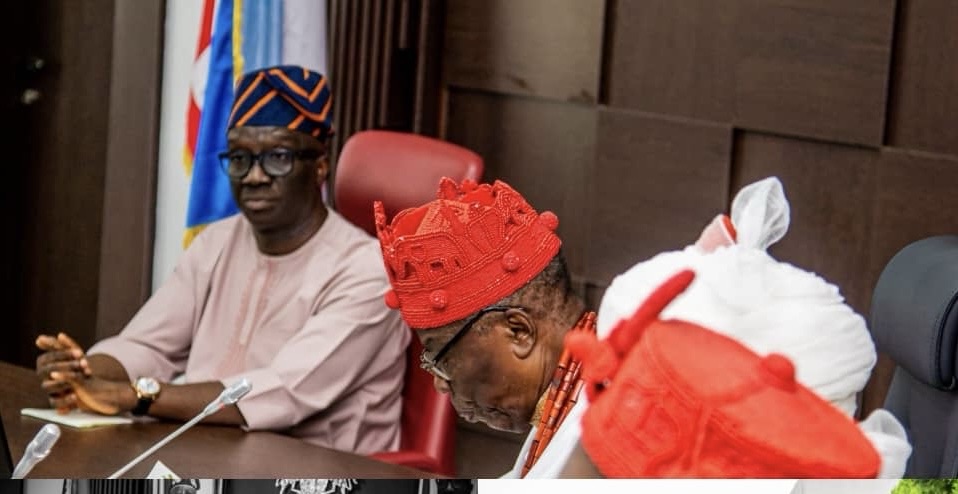The United Nations Secretary-General, António Guterres has called upon Island nations around the world to lead the charge in the fight against climate change, emphasizing the urgent need for decisive action to safeguard the planet’s future.
The UN chief’s appeal comes amid mounting concerns about the accelerating impacts of climate change, which are particularly threats to low-lying island states.
Guterres, speaking at a high-profile climate summit in Suva, Fiji, urged Island leaders to harness their unique position to advocate for stronger global climate policies and to implement innovative solutions within their borders.
“Island nations are on the front lines of climate change. Your experiences and resilience are a testament to the urgency of this crisis. It is time for the world to listen, learn, and act,” Guterres said.
The UN chief highlighted the dire circumstances facing many Island nations, where rising sea levels, increasingly severe storms, and changing weather patterns are already causing significant damage. Countries like Tuvalu, the Maldives, and Kiribati are grappling with existential threats as their land becomes increasingly vulnerable to flooding and erosion.
In his speech, Guterres called for enhanced international cooperation and financial support to help these nations adapt to climate impacts and transition to sustainable practices. He also stressed the need for comprehensive global agreements that address both mitigation and adaptation efforts.
“No country can tackle this challenge alone. We must work together to reduce emissions, protect ecosystems, and build resilience,” he asserted.
Island nations have been at the forefront of climate advocacy, often emphasising the moral and practical necessity of rapid action. Leaders from these nations have frequently highlighted the disproportionate impacts of climate change on their communities and the urgent need for global solidarity.
Fiji’s Prime Minister, Frank Bainimarama, who hosted the summit, echoed Guterres’ sentiments, stressing that the fight against climate change is not just about survival but also about justice and equity.
“Our countries are among the most vulnerable, but we are also among the most determined. We will not be passive victims of this crisis; we will be active participants in shaping the solutions,” Bainimarama affirmed.
The summit also featured discussions on innovative adaptation strategies, including sustainable coastal management, renewable energy projects, and community-based resilience programs. Participants highlighted successful case studies from various Island nations, showcasing how local initiatives can drive significant positive change.
As the world faces unprecedented climate challenges, the call to action from the UN Secretary-General serves as a stark reminder of the need for urgent and unified efforts. The fate of many Island nations—and the broader global community—depends on the collective resolve to confront and overcome the climate crisis.
The summit concluded with a renewed commitment from participating nations to strengthen international climate agreements and support vulnerable communities.
Guterres’ message was clear: the path to a sustainable future requires bold leadership and unwavering solidarity.


